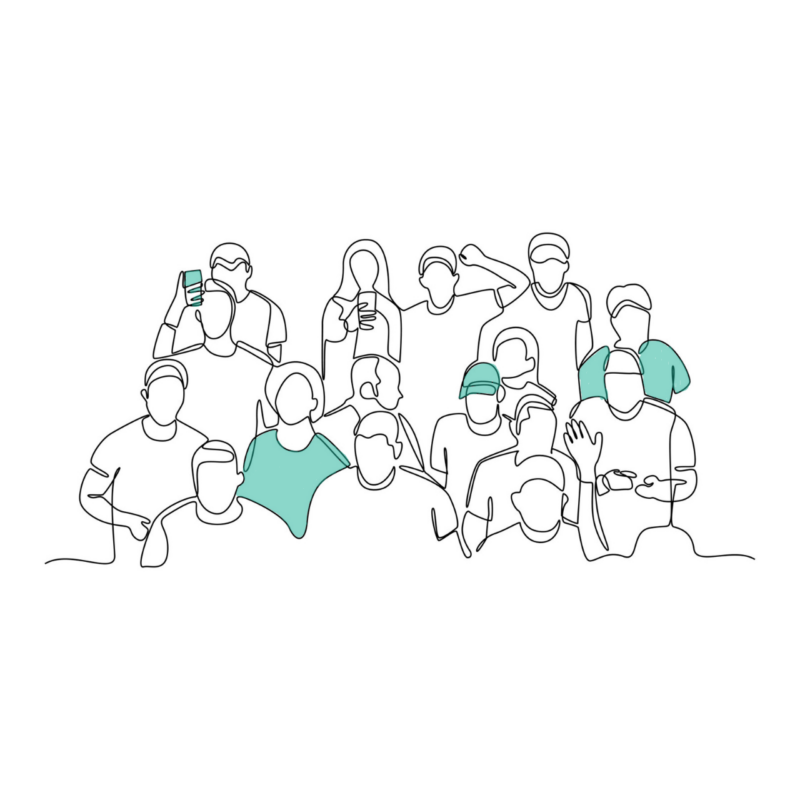Hardware
EmxCore specialises in providing top-notch, refurbished networking hardware that meets the highest industry standards. Each product undergoes rigorous testing to ensure reliability and performance.
Your trusted destination in the world of circular networking hardware. Purchasing networking hardware shouldn’t be a daunting task. Our aim is to make it easy and stress-free, aligning with your goals and preparing you for the future. With a knowledgeable team dedicated to exceeding expectations, we go the extra mile.
EmxCore specialises in providing top-notch, refurbished networking hardware that meets the highest industry standards. Each product undergoes rigorous testing to ensure reliability and performance.

Need a set of extra hands, eyes or some extra piece of mind? We got you covered with our range of services. From Remote hands, to ITAD to Incident response, Extended warranty and more.

By choosing EmxCore, you contribute to a circular economy. We believe in the responsible reuse of technology to reduce electronic waste. Join us in making a positive impact on the environment.

In the dynamic realm of networking, time is crucial. Nestled in the vibrant city of Amsterdam, the Netherlands, our central location enables us to maintain a substantial inventory, ensuring prompt delivery without compromise. We like to think in solutions, making sure you can focus on your core business.
Purchasing networking hardware should be a conscious choice. As part of the Circular IT group, EmxCore is your partner in achieving circularity goals effortlessly. We offer a wide range of Circular IT solutions, including IT Asset Disposition (ITAD) and lifecycle management.
Get to know us
Refurbished networking hardware is cost-effective and, with proper lifecycle management, allows for longer IT usage, reducing expenses.

By using refurbished hardware you lower the demand of raw materials, while also lowering your Carbon footprint.

Expand your network without redesigning it by purchasing refurbished EOL switches.

Opt for refurbished equipment for quicker delivery and to bridge the gap during extended OEM delivery times.
